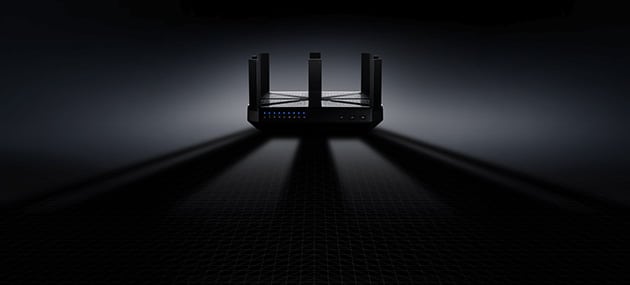If you thought the hard work was done when you left the interview room, think again. Interviews are a crucial part of job-hunting, and it’s important to make the most of the opportunity, as well as learning from it in the event of your being unsuccessful. Think about interviews alone as a three-step process, involving preparation; the mission; and debriefing.
Much of what you will be doing at this point is note-taking, reflecting, and double-checking that all of your documentation is centralised and where you need it. Not only do you need to have everything where you can find it on the day (as you’ll see below, much of the essentials should be carried out immediately after the interview), but you will also require it for your ongoing professional efforts.
So, back to the debriefing stage. The immediate self-debrief is vital. Undertaking it with a friend is recommended, but it’s important that you spend the immediate post-interview time in constructive decompression mode. Here are five things you should do immediately after the job interview.
1. Write Everything Down
Your recall will be sharpest immediately after the job interview, so either hotfoot it home, or go to a coffee shop or another place you can be alone, take out your notepad and pen or laptop, and make a note of the names of the interviewer, or of the members of the panel.
You should bulletpoint what each person seemed to have most interest in, and also note down the points where you felt you made a genuine engagement with the person. This information is gold when preparing a written thanks to the interviewer(s) for the opportunity to meet them. If you leave too much time afterwards, you may simply forget. Get it down in writing when your mind is still ‘in the zone’.
2. Write Down Anything New You Learnt
Again, in preparing to send a note of thanks to the interviewer, you should think about opportunities to draw connections between you and your skills, and any new information about the company or the specific role that you learnt during the interview. As above, this is best done when it’s fresh in your mind, straight after the job interview
Take note also of anything that came up in terms of logistical challenges, things that you might be able to bring your expertise to bear upon in helping the company to address the difficulties.
Not only will this help you to frame a constructive ‘thank you’ note, but it will also be useful in gearing up to address the possibility of a call-back either offering you the job, or calling you back for a second interview.
3. The Thank-You
Saying thank you after the job interview is very important, and most careers advisers recommend doing this in the form of a handwritten card or note to each interviewer on the panel.
You won’t be required to say very much, just address them cordially, noting that it was wonderful to meet them, and use your notes taken during point 1 and point 2 of this process to make reference to specific things or observations that the person made during the interview.
This point is important. Your interviewer(s) will likely have met many people during this process, with many more still to meet in all likelihood, so if there is a way you can use your noted recollections to reinforce a connection made on a specific point during the interview, the handwritten thank-you note is the ideal place to make it.
Unless you are super-confident and assured, it’s recommended that you do this in writing, and not make a telephone call. This can be source of annoyance to busy employers/interviewers, and you could be so high on adrenaline that you rather make a mess of things.
4. What Would You Do Differently?
Make a note of the things that took you by surprise, and responses that you gave to the questions, particularly any that completely blindsided you.
Think about all of the items on your list from the perspective of an employer attempting to elicit responses that are in line with the company’s values and specific needs.
Were your responses satisfactory? No? What would you do differently if you had the chance to replay the scene?
5. Critique your Résumé
Post interview time is also the ideal point to dig out your cover letter and résumé for another close read in light of the notes you have just taken.
Consider how the résumé might fall short having had the benefit of face-time with prospective employers, and pinpoint areas that you can streamline and improve.
It is also a good time to review your your LinkedIn and social media profiles. Do they resonate with the kinds of people you have just met? If not, you need to begin making changes.



